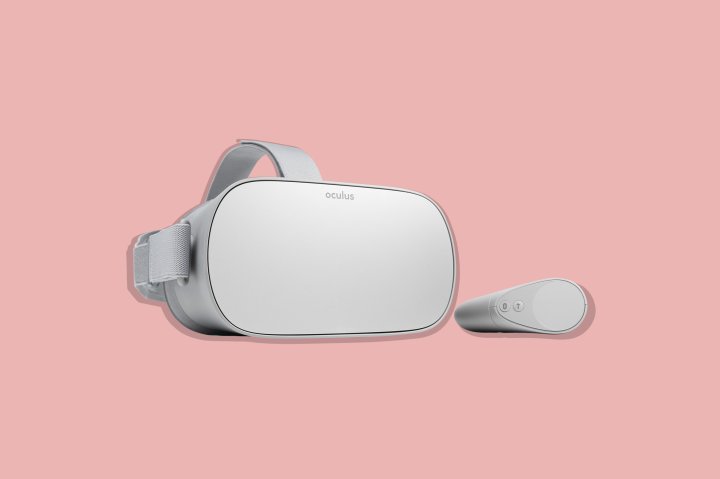Once the stuff of science fiction, virtual reality is now on sale at local electronics shops. That’s in large part thanks to Oculus, the Facebook-owned company that is nudging virtual reality mainstream. Early VR headsets were expensive, clunky and required high-powered computers to operate, including Oculus’ own 2016 Rift system, which appealed more to power-users and early adopters. In contrast, the Oculus Go, which went on sale May 1, is $199, sleek and entirely standalone—users can be up and running and riding virtual roller coasters, blasting alien spaceships out of the sky, or just watching Netflix in an immersive virtual theater in minutes. Estimates say Oculus has sold nearly 300,000 of the futuristic headsets so far, while it could ship 2 million by the end of 2018—and as more users join, more companies are racing to develop new types of VR content. Though video games have been the natural starting point for this still-emerging tech, industry experts are hopeful it will change everything from how we learn to how we communicate with one another. “Virtual reality has the ability to transform the way we connect with the people, places and things that matter to us most,” says Facebook VR boss Hugo Barra. Oculus’ next headset, the recently-announced Quest, could spur further innovations in the field. —Alex Fitzpatrick
TIME may receive compensation for some links to products and services on this website. Offers may be subject to change without notice.
